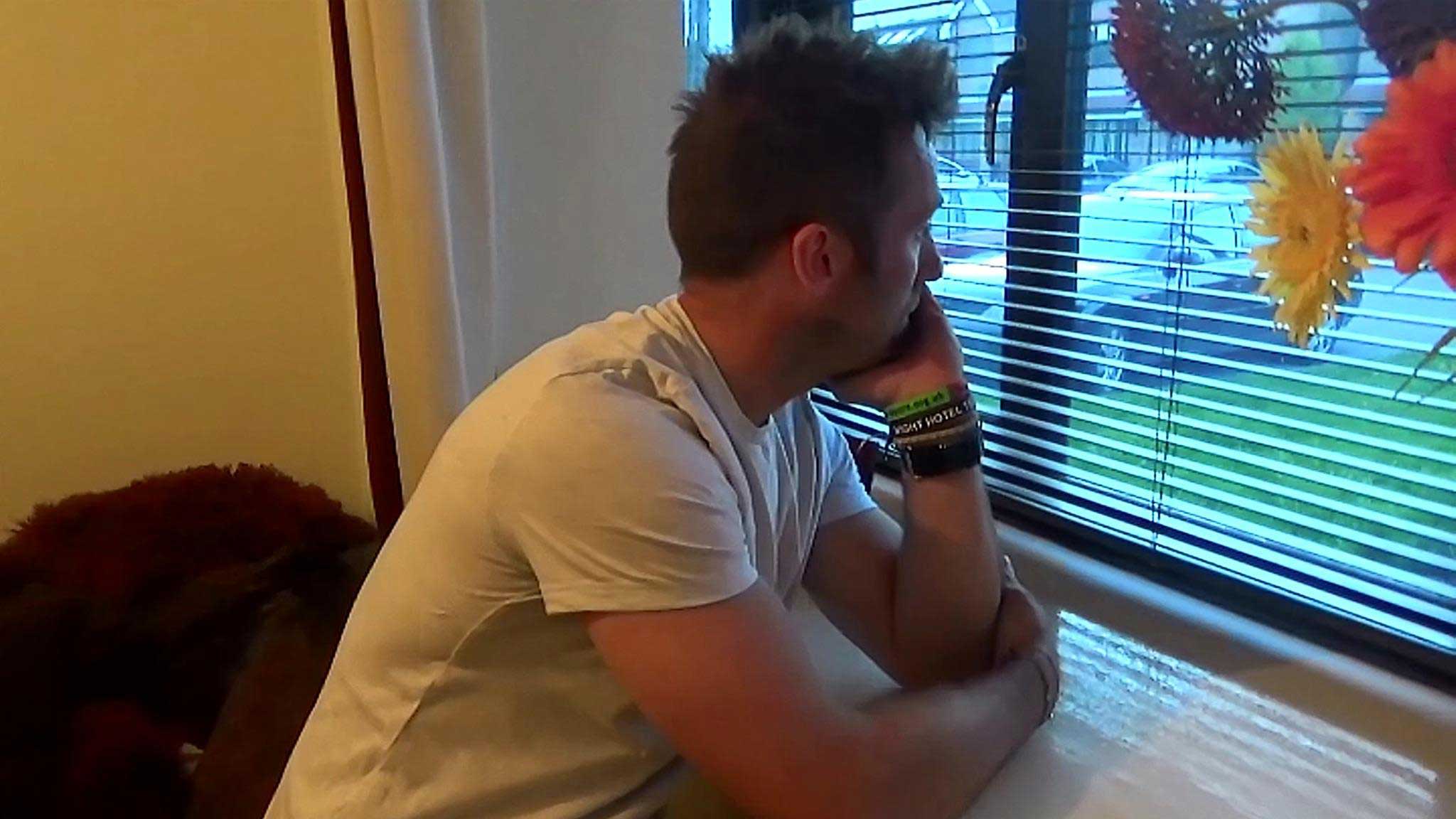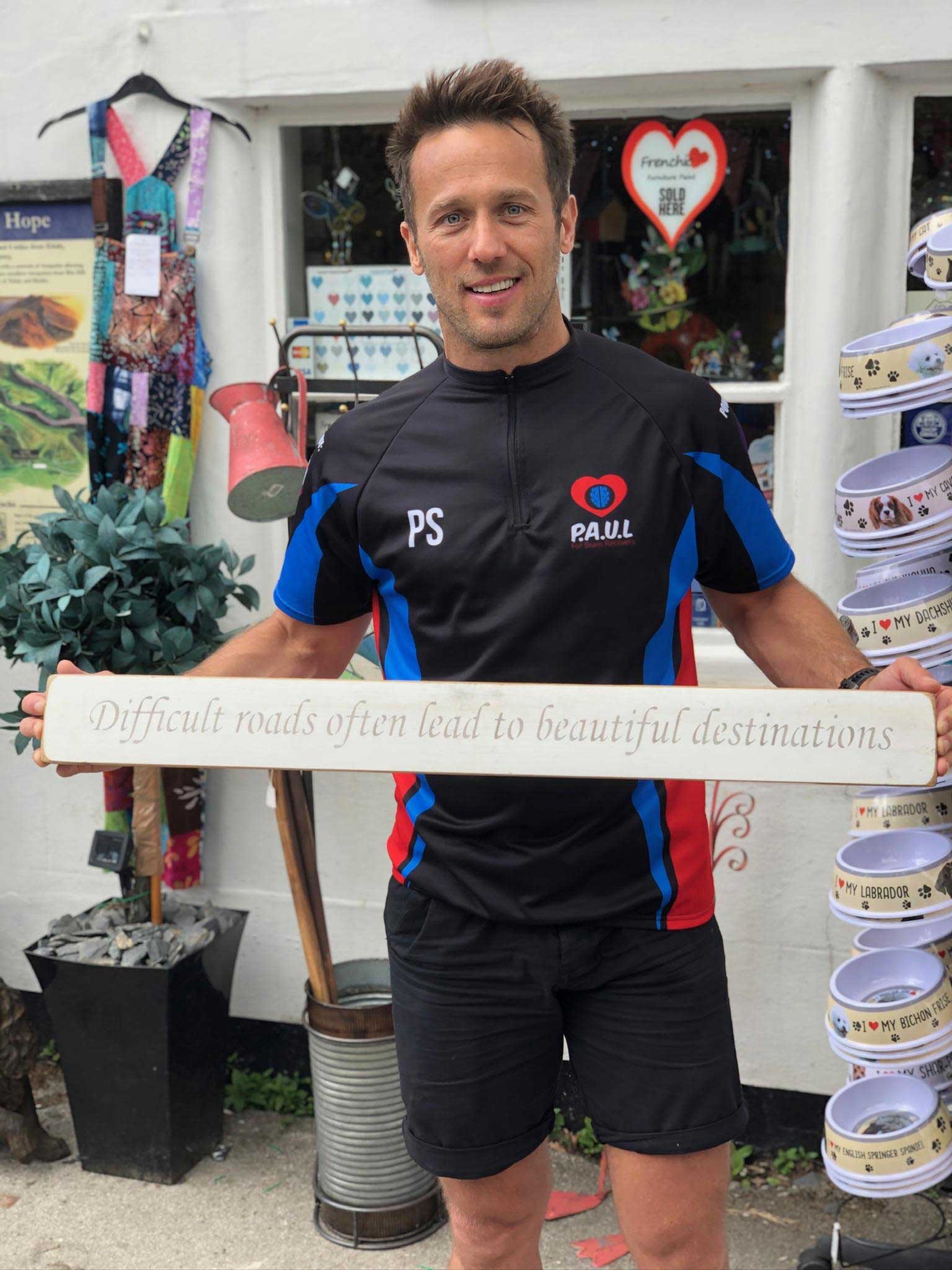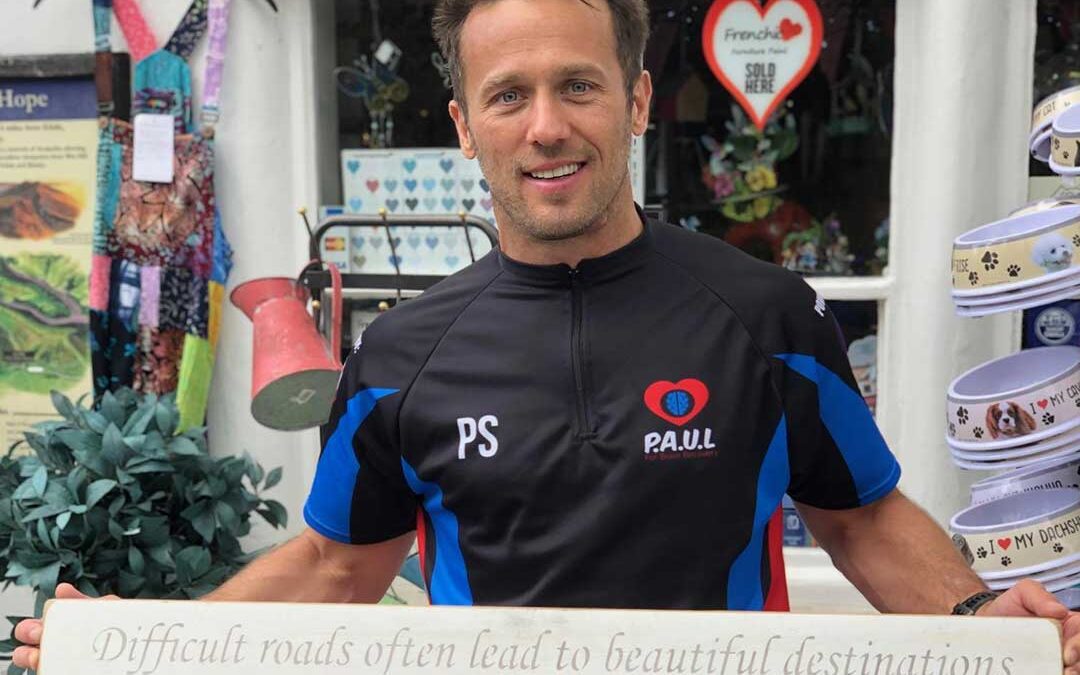In this “Self-Identity after acquired brain injury blog” I will cover:
● What is self-identity?
● My experiences of self-identity pre/post brain injury
● My advice to others.
Self-identity is a combination of our personality traits, abilities, physical attributes, values, interests and social roles, along with other elements that you have specifically selected to identify yourself with. Overall, it is how you define yourself.
Pre brain injury, I didn’t use the term ‘self-identity’, but I had spent my lifetime learning, developing, adjusting, and then maintaining characteristics & values I liked about myself.
Although I didn’t realise it at the time, I was creating my self-identity and the many different experiences I had encountered all played a part. My self-talk had also helped to structure my brain in a unique way. I knew where I fit and my roles & responsibilities within different peer circles and relationships. Understanding who I was, enabled me to live a confident, meaningful, and successful life. That was until I suffered a traumatic brain injury.

After frontal lobe damage, I spent my days lost, confused and vulnerable. My brain worked differently: it was slow and tired. I no longer processed information the same way, my memory was poor and I wasn’t capable of doing things I had once taken for granted. Cognitive skills and abilities had been lost. My thoughts, feelings and behaviour changed, which had a huge effect on my personality, outlook and how I now functioned.
My self-identity had changed in an instant. A lifetime of work was gone – forever!
I didn’t fully understand who I was and I no longer felt comfortable in my own skin.
I was at the centre of a ripple which affected everything and everyone around me in such a negative way. This had a massive impact on home, social and work life. I often found myself thinking, “Who am I?” and “Where do I belong?”. My loved ones had to grieve for someone who was still there physically but was now clearly different.
I longed for my ‘old self’ and tried to act like the ‘old me’. This caused me to have unrealistic expectations and be far too hard on myself. It was daily torture that was both tiring and frustrating. I thought that being different would be a bad thing, as though I would be less of a person. This didn’t help my confidence, mood or assist my general recovery.

Time, patience, support from loved ones, neuro-psychological rehabilitation and sessions with a psychotherapist all helped me to adjust and accept that I was now different. Over time, I came to realise that although I had changed, there were some elements of my old self-identity that I still had within me – such as values and mannerisms. I used these as a foundation to build from; I was no less of a person and felt motivated to use my second chance at life to create a new self-identity, with the goal of reaching a new potential.
In addition to appreciating the support I had from loved ones, I focused on the things within my control, such as coping strategies, healthy lifestyle choices, mindset, self-care and communicating effectively. All of this helped me to transform into someone that the old Paul would have been proud of – my new self-identity.
The first thing I would say to anyone who is struggling with self-identity after brain injury is that you are not alone. Many service users at P.A.U.L For Brain Recovery report feeling a huge sense of loss and struggle with being different. Although there is no quick fix, looking after your health and well-being can help lay a strong foundation to build from. Cultivating positive self-talk that is kind and compassionate will also help. I recommend reaching out for support and accessing professional services like P.A.U.L For Brain Recovery. Meeting others in a similar position can be really comforting and help you come to terms with the injury.

There is life after brain injury. You can develop a new self-identity and be someone you’re proud of being.
Please don’t suffer alone.
For more information about self-identity after brain injury, or any of the services on offer at P.A.U.L For Brain Recovery then please visit –
www.paulforbrainrecovery.co.uk
Best wishes,
Paul
